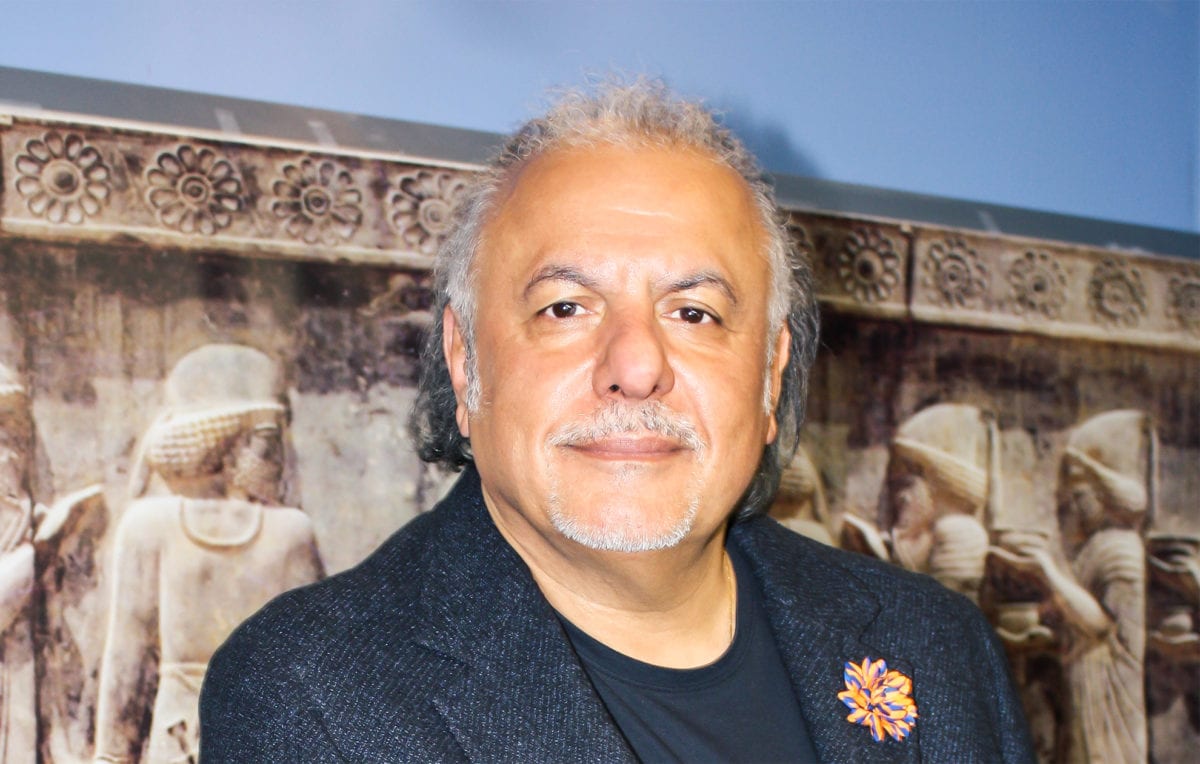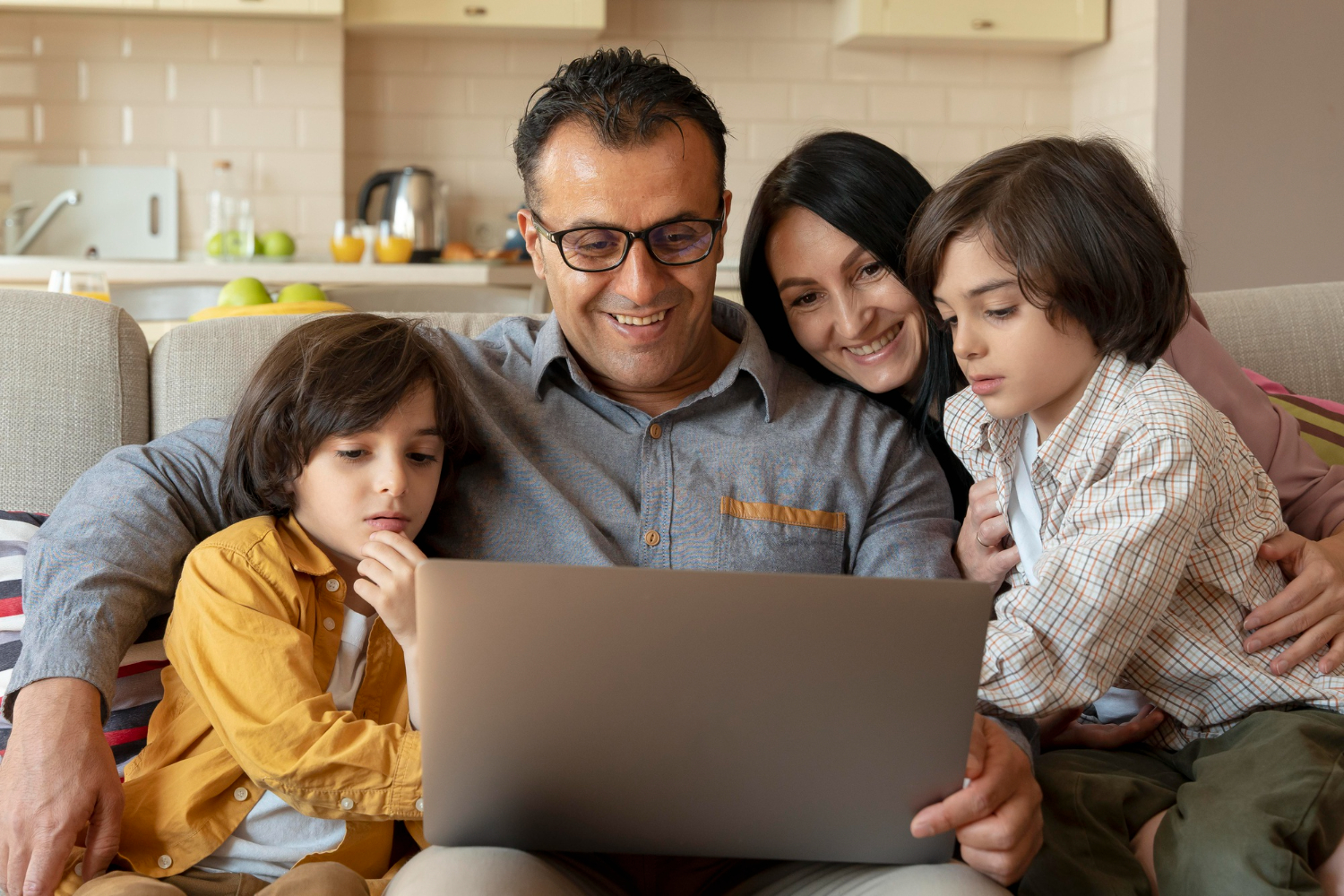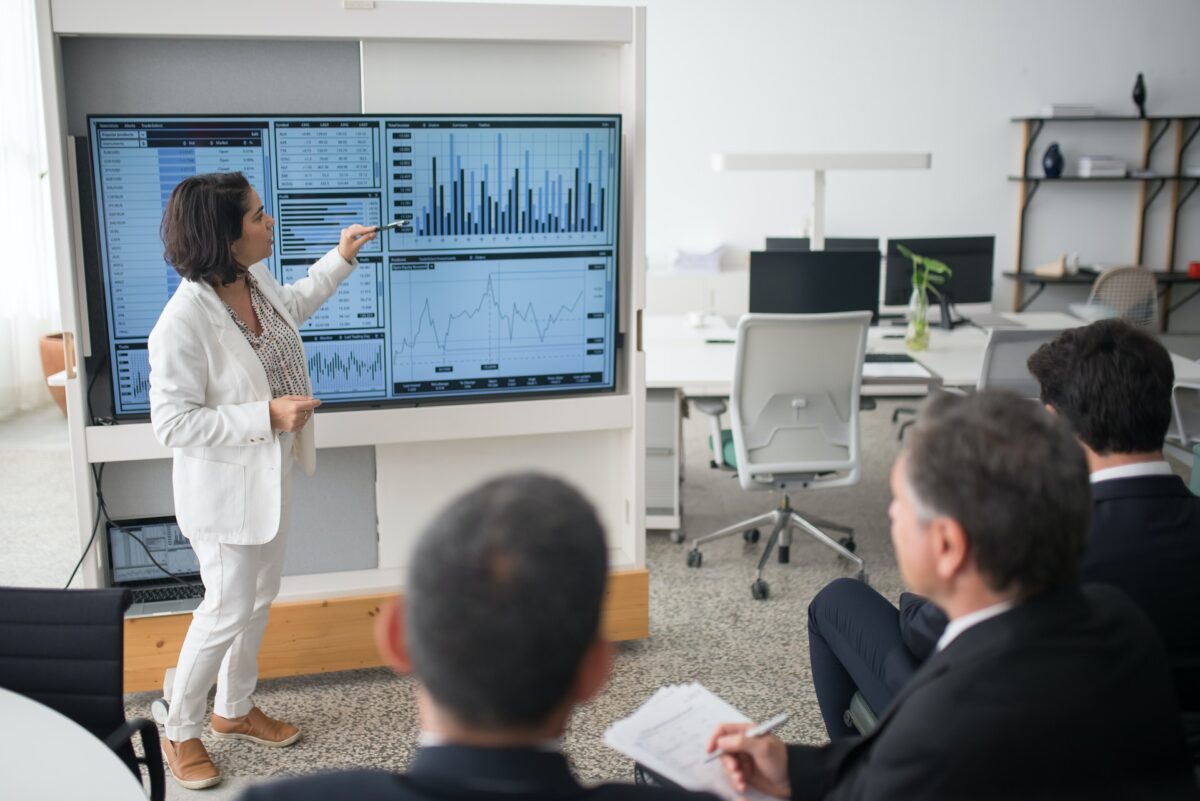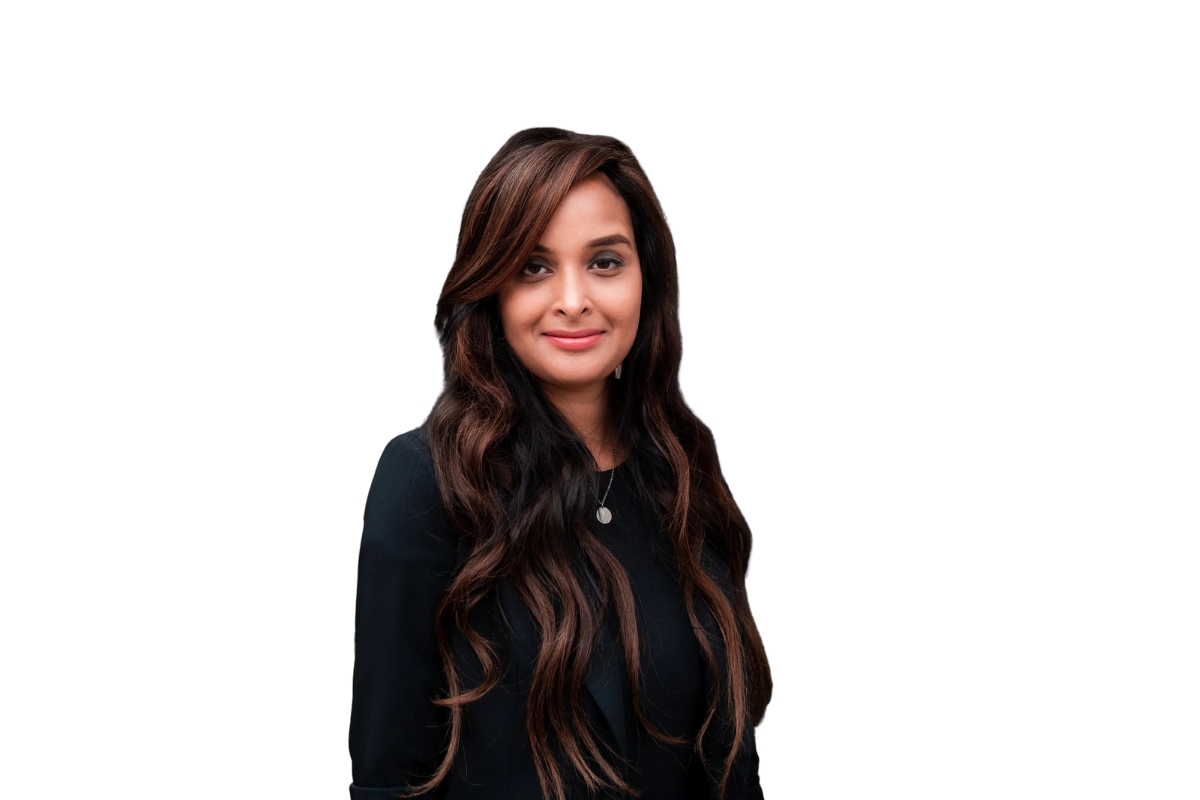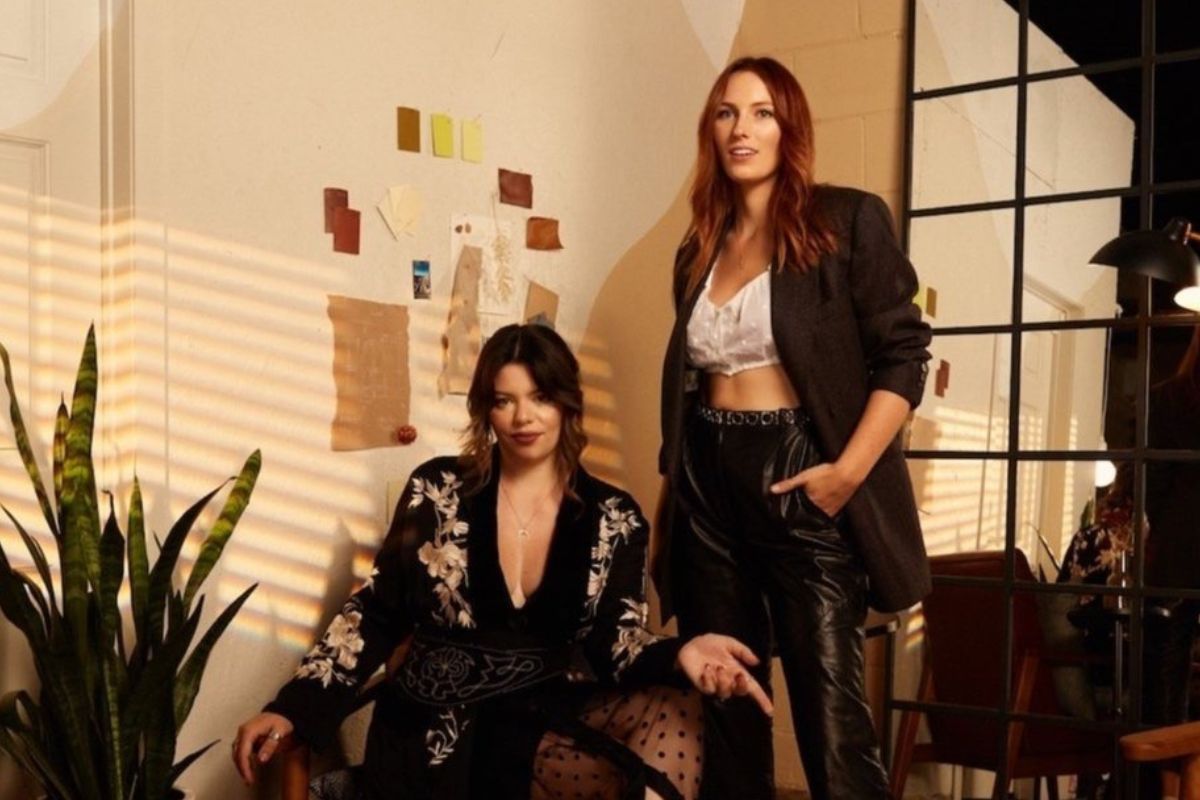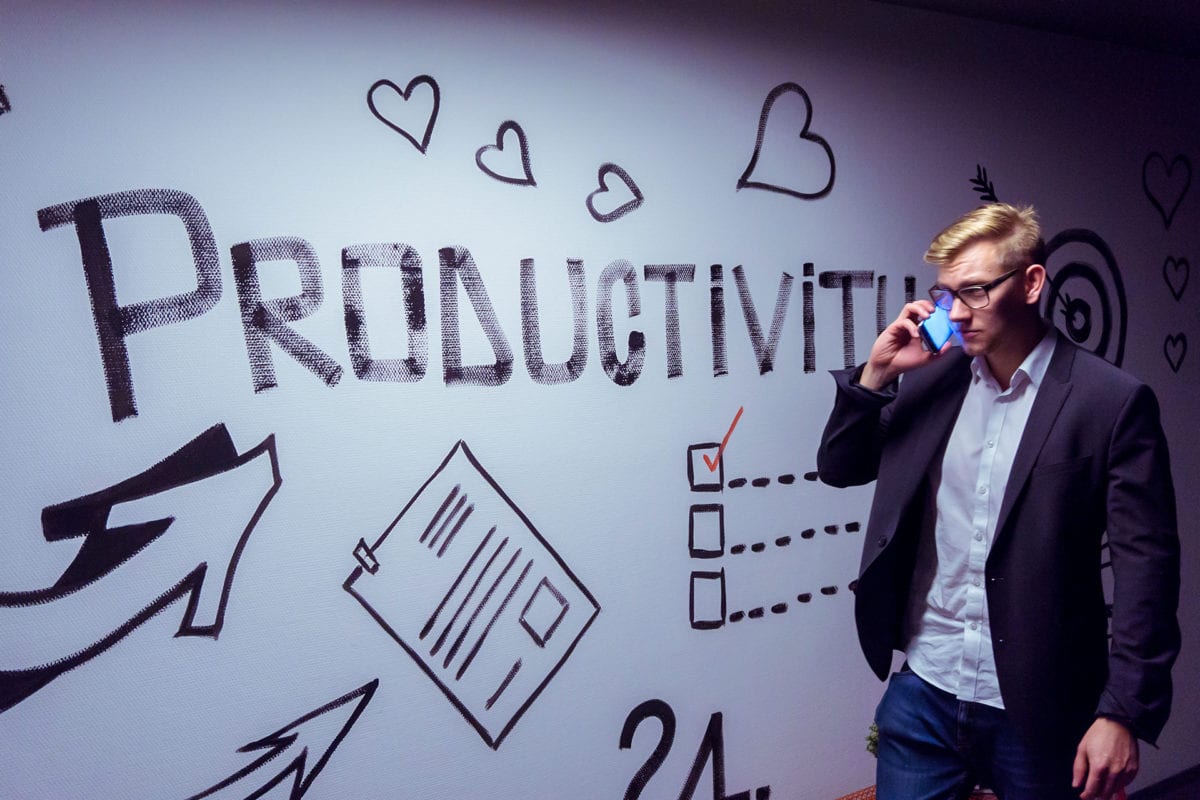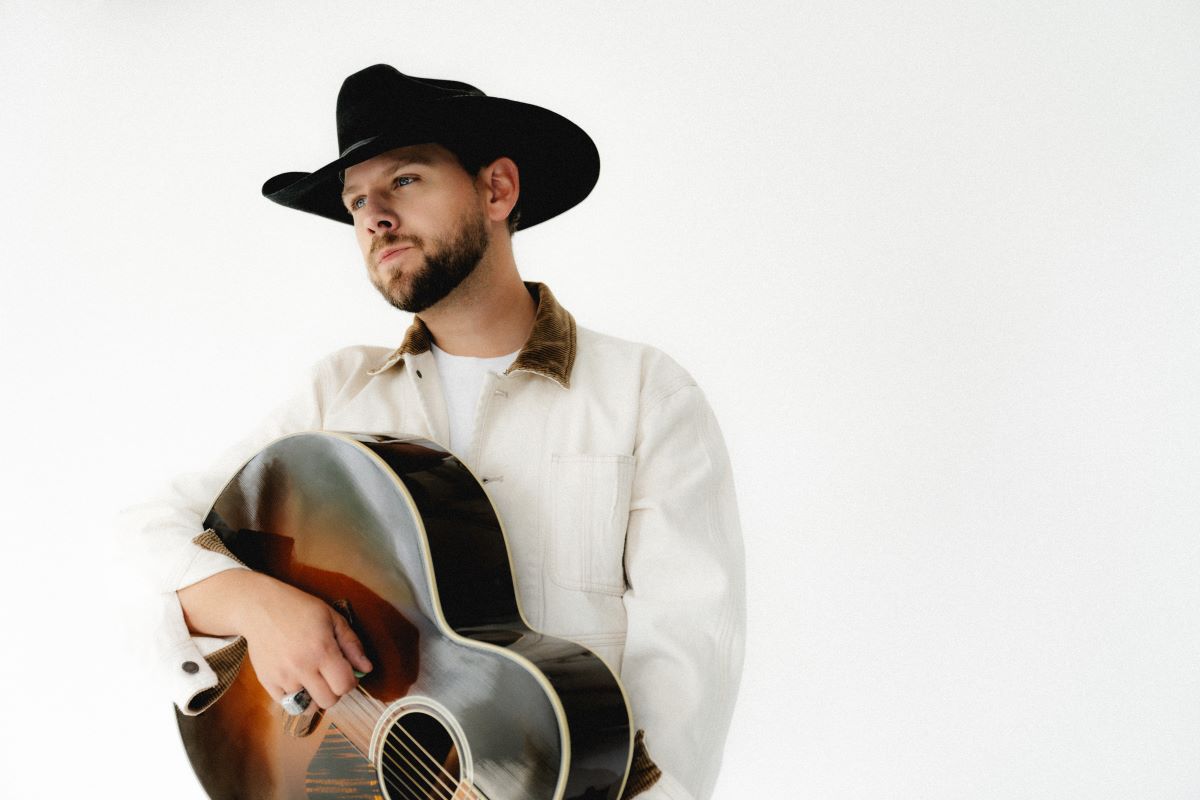Kiu Rezvanifar is something of a media Renaissance man. A veteran TV broadcaster, producer, filmmaker, and publisher, he’s also a tireless advocate for the Iranian community in Canada and a champion of diversity. He founded the Iranian Canadian Cultural Fellowship (ICCF) in 2000 and was elected President of the Canadian Ethnic Media Association in 2012. That same year, he ventured into the print publishing world with his successful magazine, Persian Tribune. The media mogul took some time out of his busy schedule to speak with The Edge, A Leader’s Magazine about his entrepreneurial journey and his love for both his native Iran and his adopted home of Canada.
What was your experience like as someone who moved to another country and found success?
I went to university in the United States, in Massachusetts, and I worked there in television broadcasting. My career launched in Canada about 30 years ago. And I never thought I would say this, but it’s the best country to move to, to live in, and to do business. The best of the world is gathered in Canada, particularly Toronto. You have a lot of opportunities; if you have a goal, an objective, and you know what you’re planning to do, Toronto is the place to achieve it.
I serve on nine board of directors; I’m an advisor to Toronto police, I’m on the board of the United Nations chapter in Toronto; I’m involved with the CNE; I’ve been appointed to basically represent diversity in the Ontario media development, which has been recently branded as Ontario Creates; I’m involved in a lot. The success has been – if I can call it success because, I like to say I reach my objectives – it’s been very exciting. I enjoy my work, but I don’t call it work; it’s something more than just work.
You’ve pointed out how the Iranian-Canadian community has flourished in Canada, economically and otherwise. Why do you think that is?
That is a good question. Well, Toronto is the second-largest Iranian community in the world after California; Los Angeles has more, particularly Beverly Hills. And that community was founded in the early ‘70s, compared to Toronto, where the community started taking shape in the late ‘80s and started to basically become itself around the ‘90s.
With the nature of United States of being in a melting pot, it won’t really allow you to keep your own culture. As for Canada, especially Toronto, it’s closer to 50/50; you have to understand 50% of the Canadian identity, you have to observe that and respect that and live by that. And then the other part, which is your own culture, Canada allows you to promote it and preserve it, which is a beautiful part of this county, and I believe this is the only country on the whole planet that creates this type of opportunity to newcomers or to different cultures. So, when they come here, they flourish.
In terms of financial power, California is 10 times – maybe even more – the size of Iranian community in Toronto, but guess what? They could never pull off anything like the Iranian-Canadian Business Expo there. We showed them that even though we’re a younger community, even though we are not as powerful or rich, we still did it.
And part of it is Persian Tribune. What gave you the idea to launch your own magazine?
When you are a broadcaster, the last thing you want to think about is print. You look down on print. But then I figured out that what has happened within the Iranian community is that there is a segment, another community that is growing, and those are the Iranians that call themselves “Canadians with Iranian parents.” They have never been to Iran, they don’t speak the language, they don’t read the language, but they are connected to Iran through their parents, and they are extremely affluent and educated, and they are extremely interested in Iran and what Iran has to offer in terms of culture and everything else. And there is no other publication that would target that demographic, so I figured out that since they are affluent, they are highly educated, there is a potential market sitting right there. And there are national advertisers and retailers that want to target these people.
So, I decided to publish a magazine, Persian Tribune, in late 2012. It would be targeted at these people, and it was a tremendous success because we found that since it is a lifestyle magazine, it is the only magazine of its kind in the world. We cover everything from food to Canadian politics, to fashion, to the arts, both Canadian and Iranian, things that have to do with Iran or Persian culture. We also feature extremely successful Iranians around the globe, we covered the youngest brain surgeon in Great Britain, who happened to be an Iranian woman. We featured an astronaut, a race-car driver – lots of successful people in the community. These are done in a manner that, even if the topics have to do with Persian culture, the execution is not Persian, it’s not traditional; it’s basically Canadian.
You founded the Iranian Canadian Cultural Fellowship and along with that you’re also the president of the Canadian Ethnic Media Association. Why is it important for you to champion diversity not just for your own community, but for all communities?
It’s important because it is our cultural identities that need to be preserved – but not at the expense of our Canadian identity. This has been our mandate, and it has been very successful and now the Canadian Ethnic Media Association is one of the most respected institutions of its kind by all levels of government, and it is an honour to be there in that role.
In addition to your advocacy, what other ways do you give back to your community?
My network for the past 30 years was not limited only to the Iranian community. I am privileged to be able to call a lot of powerful people friends, even if I might not even see them for a year or two, but when we call each other and talk, it’s like we just saw each other yesterday. And I really do like to help people, and to maintain my network. I think the most successful thing a person can do is to build a network and do it with the right people, powerful people. It shouldn’t be about just the financial part; you need to build that network based on human relationships. Yeah, the business is there, which is basically the excuse for you to build that connection, but to continue it, it’s your relationship. And as I said, I am blessed enough to have that relationship with numerous people from different communities. When people come to me for help, or to pay back their community, I love to help them and would do so no matter who they are, whatever the community, if I can do it, I will do it.
I like to create a dialogue between communities. I think it’s the best thing that we can do. It builds the communities up. We held an event for the Iranian Canadian Cultural Fellowship, free to everybody. Even though it was an Iranian event in many ways, I saw a lot of non-Iranians there and it was beautiful. It’s like each community is a flower and there were many different flowers there. Even though the program was just for carnations, but you see that there are hyacinths here, and orchids here, it adds to the beauty.
I think everybody in any situation, they have to give back – not just to the community, but give back to Canada. That’s what I like to say: I don’t see community, I see Canada. After all, it is Canada that we chose as our home. I was born in Iran, but I chose to come to Canada, so it’s my home. It’s more of a home to me now than Iran.
Alex Correa | Contributing Writer

